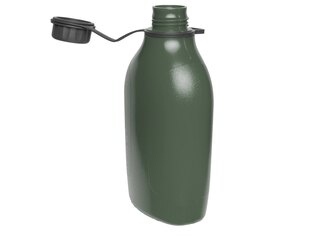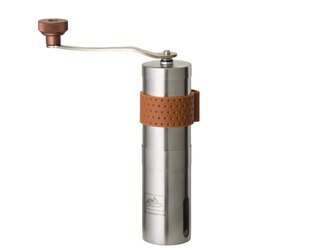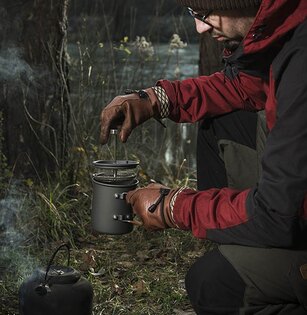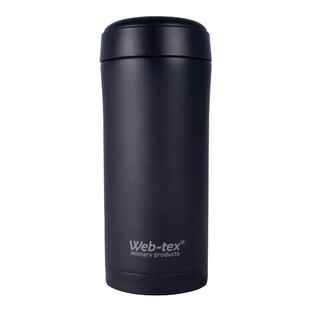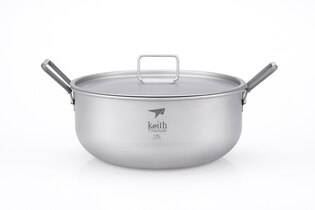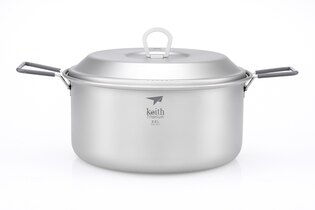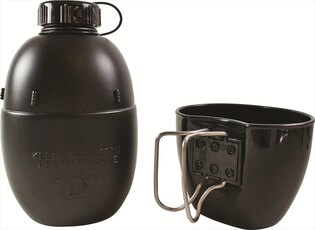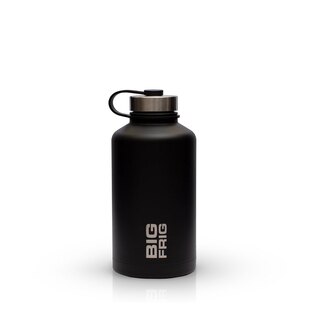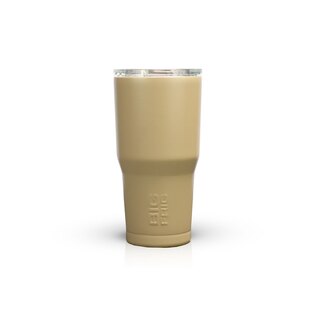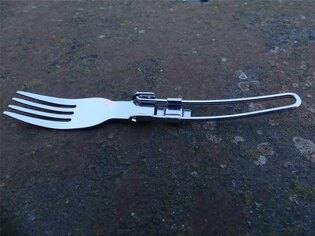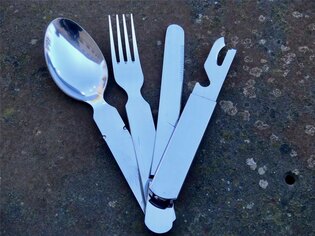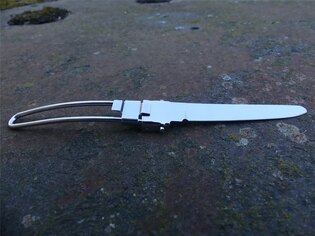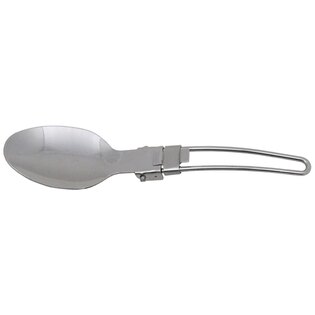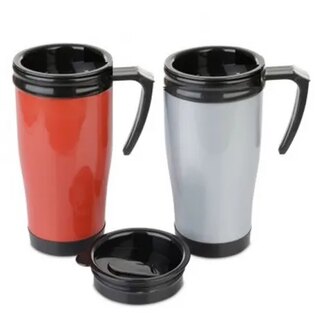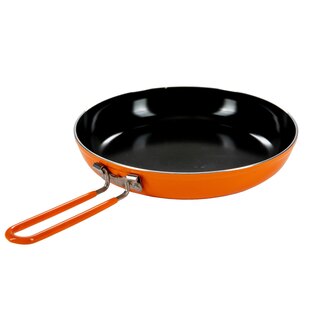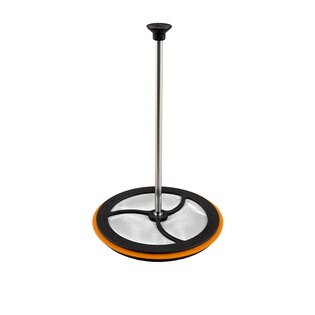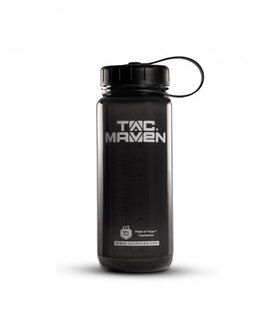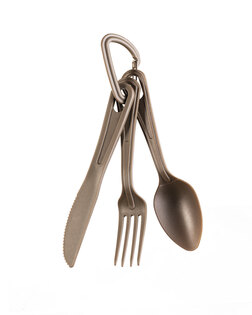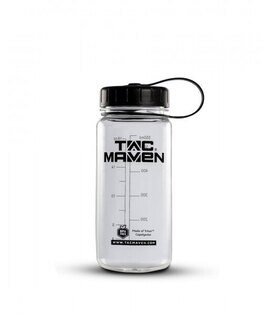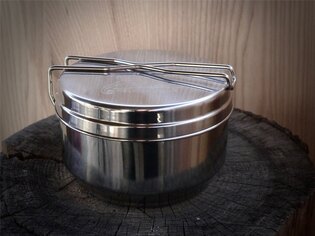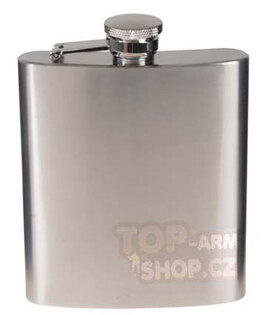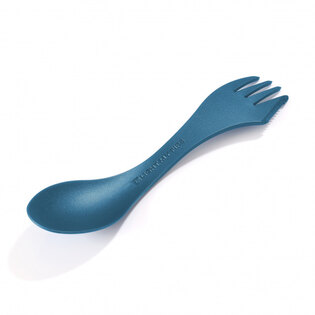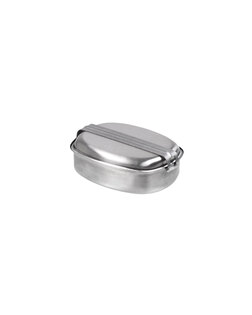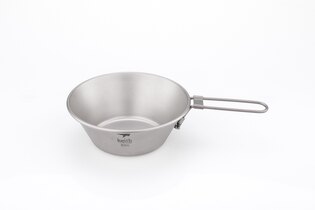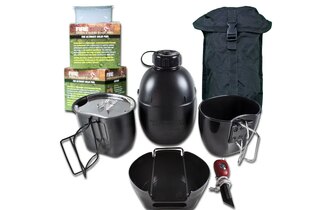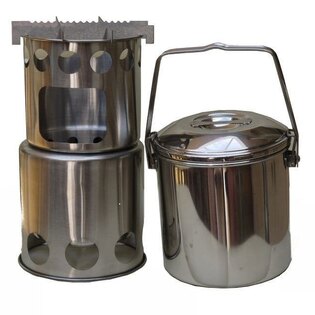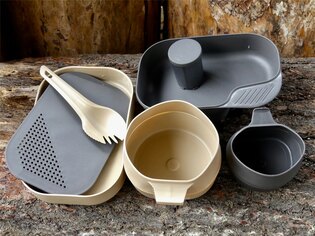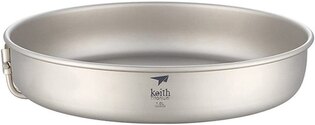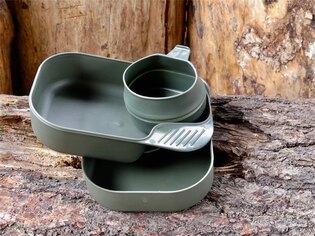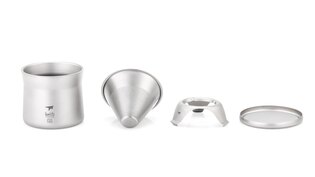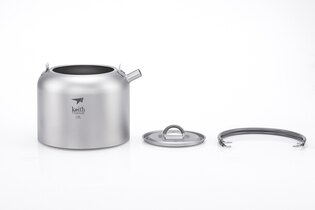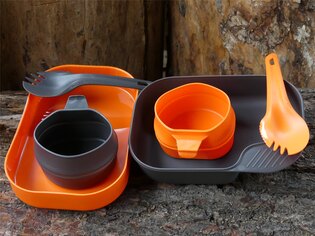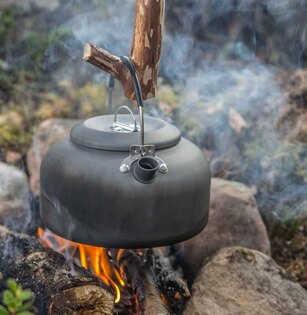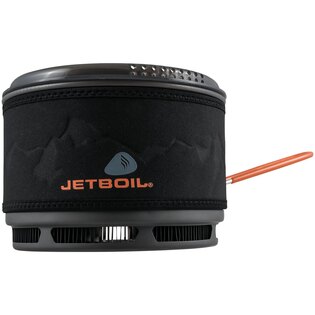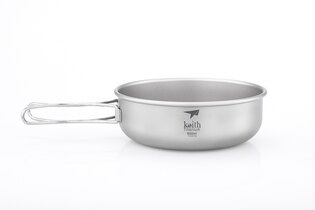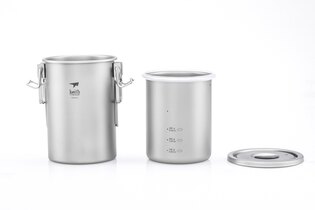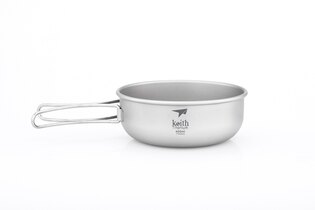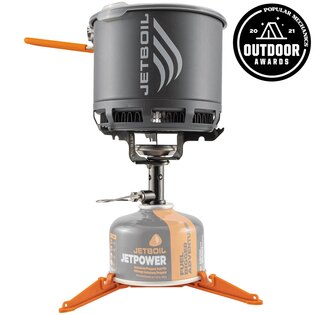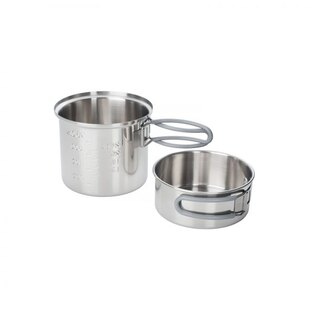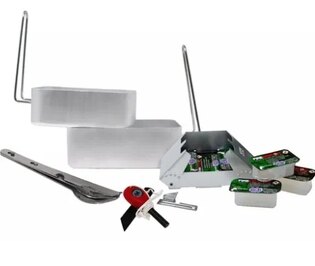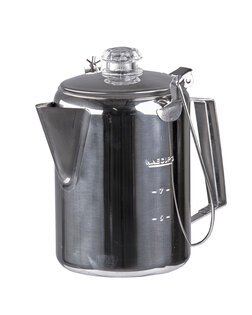Clean your outdoor dishes ecologically
During regular cleaning in households, a lot of chemicals get into the groundwater, creating a dangerous, toxic cocktail – as well as microplastics. We can help nature at least a little by trying to use the least harmful substances possible. Even dishwashing detergent should be biodegradable. In the following article, we will show you how to wash not only outdoor dishes in a truly ecological way.
What the eye doesn't see, the heart doesn't grieve over
The problem of today's world is that ecological issues are addressed politically. Simply put, those that are visible (emissions from exhausts) are being patched with those that are not so visible (like lithium mining and other precious metals for electric car batteries). A similar approach often exists with chemical agents used in households - what the eye doesn't see, the heart doesn't grieve. How can we organize our lives in such a way as to minimize our impact on nature while maintaining cleanliness?
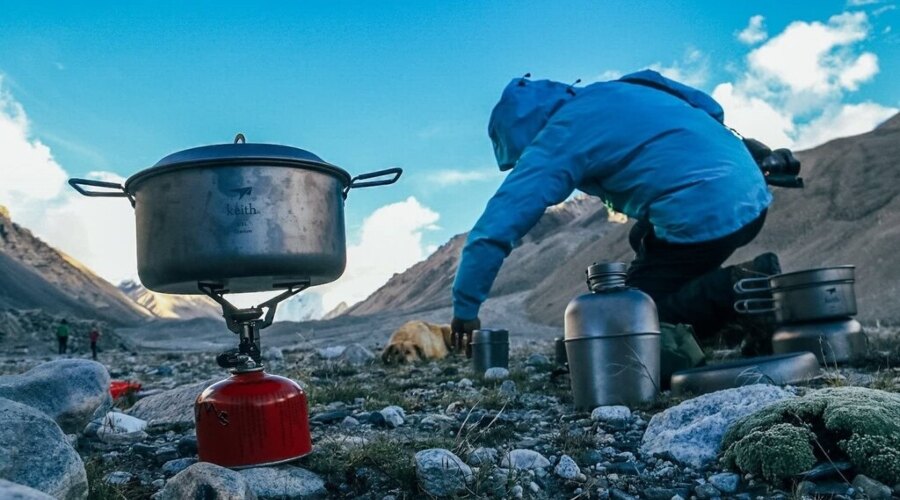
How can we organize our lives in such a way as to minimize our impact on nature while maintaining cleanliness?
A few steps to solve every problem
Eco-friendly (non-toxic) household cleaning equipment doesn't have to be expensive and it doesn't need to take up an entire shelf in the bathroom or utility room. The solution is simply a few products.
The absolute basics are:
- baking soda,
- citric acid,
- vinegar,
- optionally 3% hydrogen peroxide, lemon, and some essential oil.
Additionally, the scent of lavender or mint has another benefit. It acts as an effective insect repellent, for example, against ticks, which can be useful during seasonal trips into nature.
When it comes to vinegar, you definitely won't go wrong with the classic 8% "brown" vinegar. However, it gets its color from added sugar, which is why after application on a cleaned surface, streaks tend to stay. This might bother you on a mirror, but definitely not, for example, on a mess kit. However, if you want to "tune" your cleaning a bit, then get a bottle of white (or rather clear) vinegar at 10% concentration.
For various purposes, the above ingredients can be combined in different ways. You can also take a bit of "improvised" cleaner with you when you set out fr an outdoor adventure. The individual components are biodegradable and thus pose virtually no risk to the environment. Since we are involved in the outdoors, we won't be giving you household advice here (there's plenty of that on the internet), so let's go straight to how to clean the dishes you take with you in the field.
Worn-out or burnt mess kit? No problem
If you use a mess tin or similar cookware "out there," it may become dull over time—either from fire or over-roasted pieces of food—and the meal you are cooking can be burnt easily. However, this is no problem for our ingredients.
Tarnished cookware can be easily cleaned with baking soda. Simply mix it in a 1:1 ratio with water to create a white, paste-like mixture. Then apply it to the surface of the dishes, let it sit for a while, and then wipe and polish. Depending on the level of tarnish, it might be necessary to repeat this process several times.
If you accidentally burn food in a mess tin, it can either cost you an hour of scrubbing, not to mention that using a wire brush on aluminum can release various not-so-healthy substances... or you can try the miracle of baking soda over again. Simply heat water in the burnt mess tin, add baking soda, and let it settle. For greater effect, you can add lemon or a bit of classic gel dishwashing detergent. Then, most of the grime can be easily removed with a cleaning sponge or a piece of cloth.
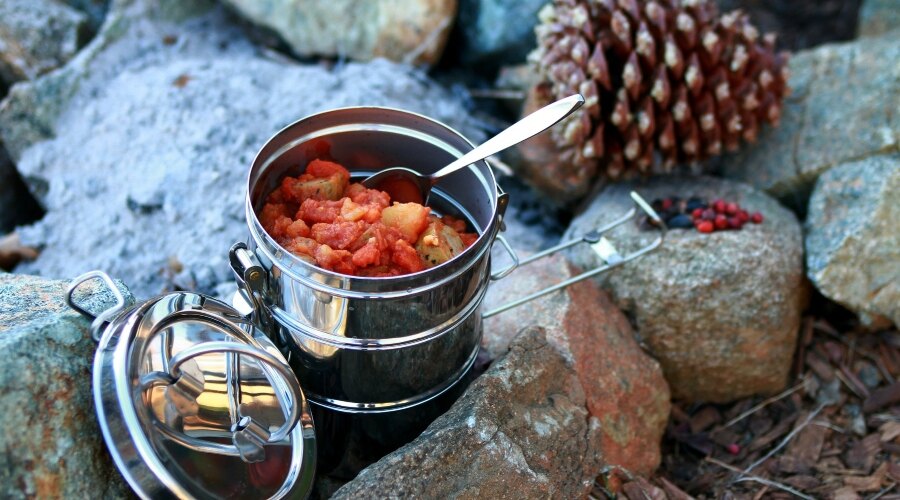
Tarnished cookware can be easily cleaned with baking soda.
Ecological dishwashing in the field
The mentioned white vinegar can help you with glass polishing, which you may not use much in the field, but on the other hand, it can also work as a great disinfectant. It can, for example, remove mold. Citric acid or lemon can help remove limescale. This is useful, for example, when you use your camping pot as a kettle in nature.
You can wash dishes ecologically even in the field. Just avoid letting food residue dry on the dishes. Immediately after finishing your meal, pour water into the mess tin or pot and heat it over the fire or on portable stoves. Hot water will remove grease and you won't have to use anything else besides it. Wipe off food residues with a cloth. And cutlery or a knife can be easily washed directly in the mess tin or pot, which you can use as an improvised sink. A little washing liquid or (again) baking soda won’t harm nature much. However, using only hot water immediately is indeed the most ecological solution in this case.
Homemade dishwasher tablets? Why not?
Our last tip concerns the situation when you come home from a trip with dirty dishes. If you have a dishwasher, you're halfway there because who says you have to use only store-bought tablets? There's another way - you can easily make dishwasher tablets yourself. It only takes a little time, and besides helping the environment, you'll even save some money.
For making dishwasher tablets, use ice cube trays, ideally silicone ones, because the tablets will be easier to remove from them. Prepare a mixture of baking soda and citric acid in a 4:1 ratio in a bowl. Then pour about one to two tablespoons of regular dish soap (you can also find an eco-friendly version) into this dry mixture for an amount approximately the volume of a regular cup, and mix it all thoroughly. Next, pour into ice cube trays and let it sit.
After about half an hour to two hours, remove the hardened tablets from the molds and store them in a glass or plastic container without air access. Homemade tablets tend to absorb atmospheric moisture and would subsequently be practically unusable. For ordinarily dirty dishes, one tablet should be sufficient. Instead of dishwasher rinse aid, you can easily pour in the mentioned white vinegar.
Readers are further interested






































































































































